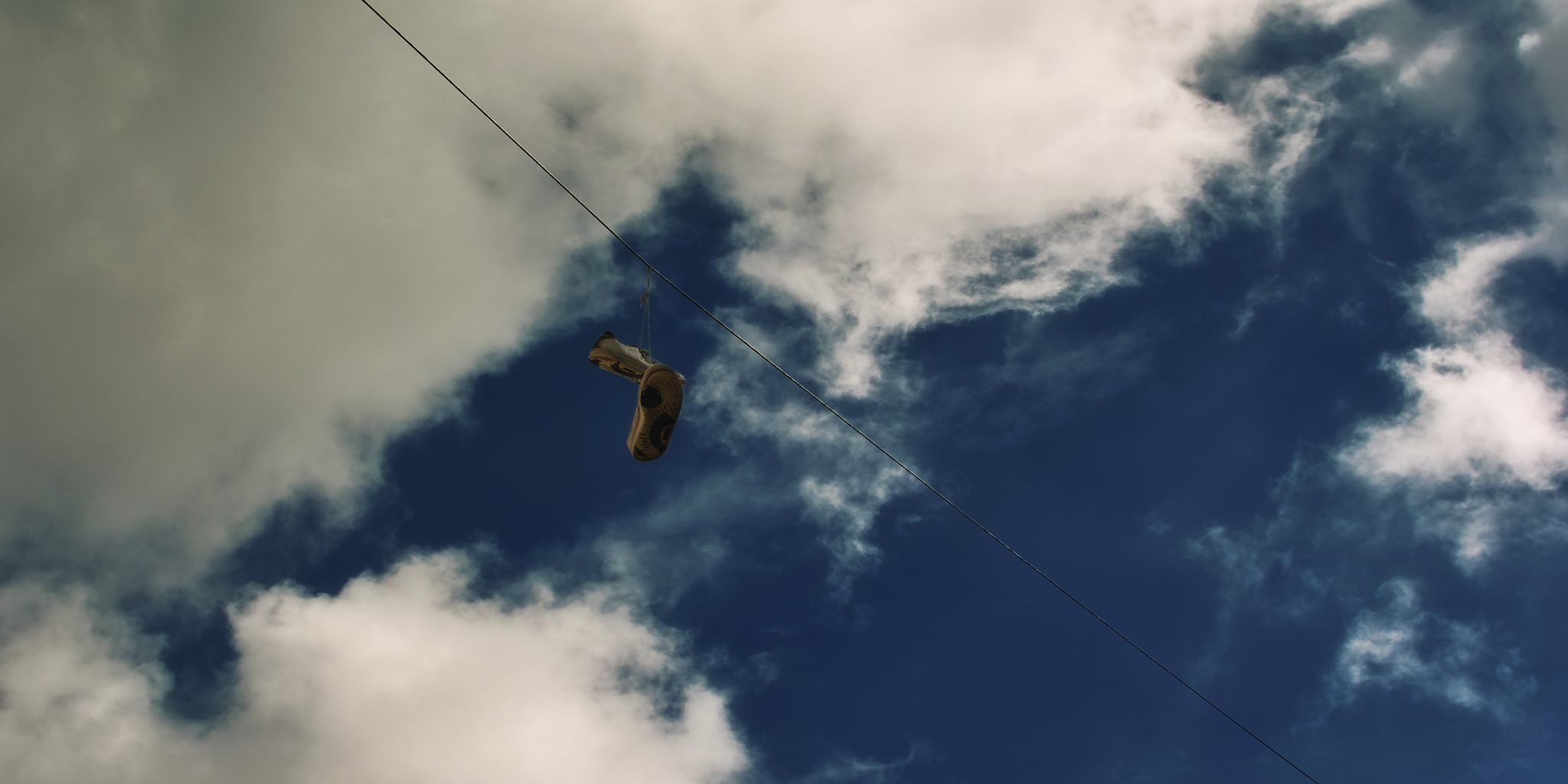The art of slowing down
Let me be upfront. I’m not one for doing things “slow”. My natural impatient tendency is to go for fast, plenty, varied, active and energised. I’d much rather speed up than slow down.
This has served me well over the years.
I had my mid-life crisis in my mid-twenties and now wholeheartedly love my work, instead of spending the next twenty years stuck in a job I was trying my best to love.
I have taken giant leaps of faith outside my comfort zone by saying yes quicker than my lizard brain could say fear.
And my whole foray into the world of productivity started because I didn’t want to wait until my kids were grown up before I pursued my business. Essentially, impatience is what made me good at getting things done.
But lately, I’m starting to wonder if I’m missing a trick, and I’m starting to play with the art of slowing down.
In the world of productivity we often talk about getting things done faster, smarter, easier. But what about slower?
Here are six areas where slowing down could in fact improve our productivity.
1. Decisions
My fastest decisions are not always my best decisions. Granted, there are times when I need to think on my feet, and plenty of times when I just need to pick something, rather than get bogged down in analysis paralysis (just ask my husband when we eat out).
But there have also been times when I’ve made a quick “that will do” decision that’s ended up costing more to fix or change once I had time to think through what I really wanted.
2. Planning
Tim Ferriss said, “Slow down and remember this: Most things make no difference. Being busy is a form of mental laziness — lazy thinking and indiscriminate action.”
We know this. We know that activity does not equal productivity, and busyness does not equal business. But there’s still something incredibly seductive about being busy. Because being busy feels productive. And conversely, thinking time doesn’t.
As a workshop delegate put it recently, “I always feel like I’m wasting time when I stop and think. I feel like I should just get on with it.”
It’s only when we slow down and give ourselves time to think, that we notice the difference between getting things done and getting the right things done (and doing them well), and ask ourselves the really incisive questions like “what am I actually doing here?”. It’s only then, that thinking time starts to feel productive.
3. Communication
They say never send an email when you’re angry or in a rush. It’s so much easier to make a mistake, send the wrong thing to the wrong person or say something you’ll regret.
We’ve all had a laugh at humorous typing errors and hilarious autocorrect conversations. We’ve probably had our fair share of horror stories too - where a rushed or reactive email has resulted in confusion, embarrassment, offense or outright war.
Slowing down gives our logical brains a chance to catch up with our emotions. It lets us decide how we want to respond, rather than just react. I recently dealt with a complaint by reaction - I was professional enough, but on reflection I realised it was not in line with my values. I wasn’t able to change my response on that occasion, but I did take the time to rewrite a much better response, which is now saved in my files as a template for handling future complaints.
The same goes for the conversation we have with ourselves — in our own heads. I know my inner critic is far harsher when I’m rushing against the clock. When I slow down, I’m much kinder, much more reasonable, and much more inspired too!
4. Creativity
We are human beings, not robots. Our productivity doesn’t just depend on speed and efficiency. It also depends on our creativity, intuition and innovation, and these things need space to flourish. Nothing shuts down inspiration faster than forcing it. In fact, sometimes when I’m really stuck I find taking the pressure off can be just the thing to get my creativity flowing.
I recently admitted to another writer that I sometimes reread my own writing — pieces that I feel particularly proud of. It feels completely indulgent, embarrassingly egotistic and highly unproductive. But my friend reminded me that I was simply immersing myself in my art. And if that fuels my creativity, it’s actually highly productive.
5. Stress
Manically rushing from one thing to another is no good for your health or your productivity. Yes, a certain level of adrenaline can be really useful to beat inertia and fire up motivation, but when our stress levels get too high, we make mistakes, make poor decisions, misjudge and misread situations, and are far more likely to get caught up in reactive firefighting rather than productively moving forward on what really matters.
The very act of slowing down can physically reduce our stress levels. Next time you find yourself feeling stressed or rushed, deliberately slow yourself down. Walk slower. Talk slower. Take slower, deeper breaths and notice the clarity of thought returning.
6. Happiness
Some of the best moments in life are ones we can’t plan for. When we rush from one thing to another, or pack things in too tightly, we can miss those moments. A conversation with a really friendly taxi driver. The moment when your daughter wants to have a long sleepy chat about dolphins. The statue you walk past every day and never really stopped to see that it’s carved out of a tree.
Take holidays for example. It’s not the ones that have a packed itinerary that stand out the most. The most memorable ones for me are slow days. Sitting in my dad’s garden reading a book while my kids watered flowers, picked berries and fed fish. Blowing bubbles by a lake. Running for an hour — simply because I felt like it — and I didn’t have to rush back for a certain time. Even my kids’ most magical memories are more likely to involve hours of jumping on a trampoline, than hours of queuing at theme parks.
In a world where time is precious, let’s not forget to take our time. Enjoy the time that we do have. Let’s not get caught up in doing everything faster and more efficiently. Sometimes work is better and life is richer when we take the time to slow down.
Photo: Flickr / De Vetpan Archive - siebewarmoeskerken.nl CC BY 2.0

